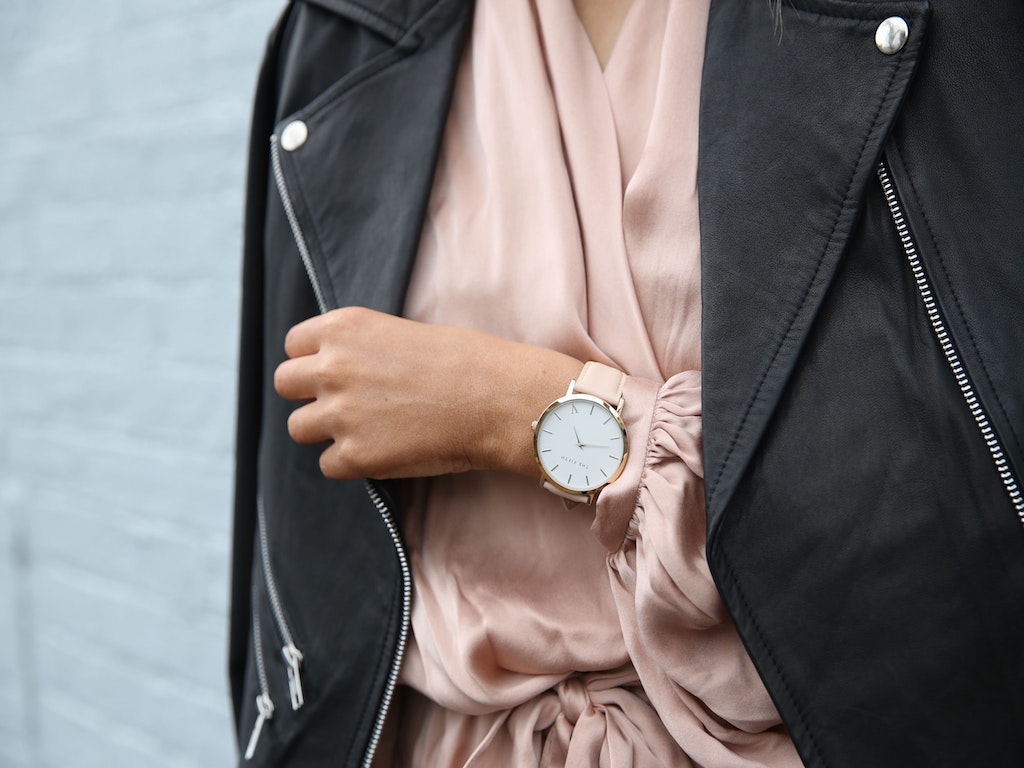Sharing Economy: China Embraces Rental Fashion, ‘Share What You Wear’ Platforms More Popular Than Ever
3 Mins Read
Fast fashion has serious consequences for the environment. One of the solutions to avoid the constant cycle between buying new clothes and throwing old ones out is clothes sharing, renting and swapping platforms. Rental fashion is a growing trend, and has become increasingly popular in China.
The Copenhagen Fashion Summit reported that the fashion industry produces 92 million tons of solid waste that ends up in landfills every year. The UN Environment Programme found that the fashion industry is one of the largest polluters globally. It is responsible for 20 percent of the world’s water wastage and 10 percent of carbon emissions. By 2050, fast fashion will take up one quarter of the global carbon budget.
Chinese fast fashion in particular has seen an exponential rise. 15 years ago, the average number of times a new garment is worn was around 200. Today, this number stands at a mere 62 wears.
One way Chinese consumers have responded is by embracing rental fashion platforms. The rental fashion market economy is predicted to grow to take over 20% of the country’s GDP by 2025, according to a WEF report.
Sceptics have pointed out that the usage rates for shared or rented fashion might not be drastically lower, and could lead to unintended environmental consequences from increased transportation and packaging. While this could be the case, it does present an alternative to disposing unwanted clothes that are still in perfectly good condition.
In an interview with the UN Environment Assembly, senior lecturer in fashion marketing at the University of Manchester says: “The rental model is clearly a winner for the higher end of the market where consumers may have no intention of wearing an occasion dress more than once.”
Here are some clothes sharing platforms embracing the sharing trend in China and wider Asia:
- One of the pioneering fashion rental platforms launched in 2014, MsParis (女神派) boasts over 7 million registered users and the largest collection in the country today. While it initially began with a focus on occasion garment rentals, it has since expanded to offering subscription-based everyday clothing sharing. The monthly subscription fee averages around $50 USD per month.
- Wardrobista is Hong Kong-based online clothing and accessories rental company. Customers can find their piece by scrolling on their website, filtering by occasion, style or designer. The typical rental period lasts for 4 to 7 days, though longer rental periods are also available on request.
- YCloset (衣二三) is a Chinese-based platform that works in a similar way to MsParis. It provides a subscription for more higher-end clothing for $75 USD per month. It also gives an option for customers to purchase the garments after the rental period, which means that a part of this platform’s clothes are bought second-hand rather than shared.
- YEECHOO is a designer fashion sharing platform based in Hong Kong. It has recently expanded to include a subscription model, but its luxury fashion wardrobe comes at a higher price tag of $100 USD per month.
- Another high-end fashion rental company is Starluxe (星洞). Customers can choose their subscription model, which ranges from $120 to 360 USD per month. Most of its luxury items are from high-end brands such as Gucci and Burberry, and they mainly operate in the largest cities in China. Because its products rotate every 16 months, it might not have the biggest impact on increasing usage rates of garments and accessories.
- Dou Bao Bao (抖包包) is a Beijing-based start-up that specialises in sharing luxury handbags and is available throuhg WeChat. Although rentals require a deposit, the actual lease can come at prices as low as $15 USD for certain bags. The items available on this platform have already been produced and bought, and is based on people’s existing wardrobe inventory.
- Japanese fashion brand Renown has also recently entered the rental market with a monthly subscription service. Its latest launch has targeted a younger audience – in particular, white-collar workers. Its latest service kirudake, which means “Just Wear It”, gives users subscription offers from $43 to 87 USD per month with a minimum 6 month contract. The service includes sets of suits for each season, and storage and cleaning after items have been returned.
Lead image courtesy of Pexels.




